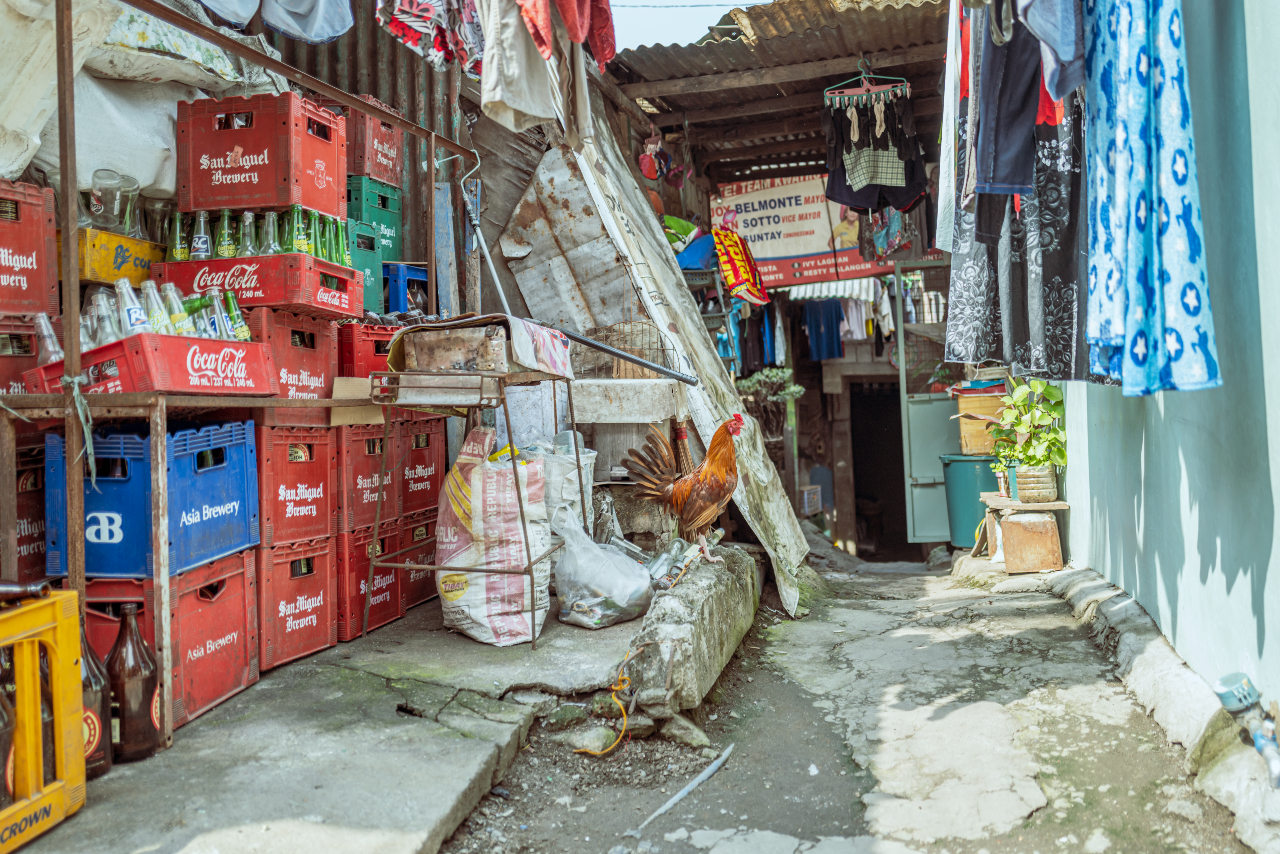Doing Theology From Below預覽


Epilogue - The Lame Goat
Thank you for joining us on this exploration of how to read scripture through the eyes of the crucified/risen one. In this epilogue, we want to share with you a poem, by the 13th-century Sufi mystic named Rumi. It is called “The Lame Goat.” It beautifully captures the journey we have been undergoing together.
The Lame Goat
By Rumi
You've seen a herd of goats
going down to the water.
The lame and dreamy goat
brings up the rear.
There are worried faces about that one,
but now they're laughing
because look, as they return,
that goat is leading!
There are many different kinds of knowing.
The lame goat's kind is a branch
that traces back to the roots of presence.
Learn from the lame goat,
and lead the herd home.
Rumi is an insightful poet. He has a way of illuminating the human condition in ways that are earthy, embodied, and liberating.
Notice how the lame goat who brings up the rear in the first half of the poem, and is the cause of such great concern (and perhaps some shame), becomes the leader in the second half through a different kind of knowing. It’s this different kind of knowing – the kind that James Alison calls "the Intelligence of the Victim" - that we have been exploring throughout this series. It’s that intelligence that leads us home.
Many wise saints have noticed that the strength and power that leads us in the first half of life is not capable of leading us in the second half, especially if we are being faithful to the human condition. What leads us home in the second half looks and feels a lot more like weakness than power – a lot more like foolishness than wisdom. As the apostle Paul said, "God’s power is perfected in weakness." This is the wisdom of God and it is a lot like following the lame goat, who leads us home.
The Gospel invites us to imagine the home to which we are being led, as a place where there are no longer any scapegoats who bring up the rear. It’s a place where everyone belongs, especially most vulnerable. This is the chief outcome of doing theology from below.
Father Greg Boyle often invites groups to do an imaginative exercise. He invites us to imagine a circle of compassion in which no one is excluded, not even our enemies. Of course, this is nearly impossible to imagine, and so he also invites us to walk to the edge of that circle – to stand with those who are being demonized, until the demonizing stops.
Standing with the demonized till the demonizing stops is a difficult work. This is why we don’t just study theology from below - we do theology from below.
What’s needed is a lame goat to lead us home – a home in which we can finally and fully become human.
Thank you for reading this Street Psalms devotional. Our plans are based on our weekly lectionary reflection, called the Word from Below. To learn more, please join us at https://www.streetpsalms.org/you-version
關於此計劃

Hello and Welcome to a series of reflections called “Doing Theology from below.” These reflections are designed for those who want to explore a way of reading Scripture that is liberating, especially in vulnerable urban communities. Doing Theology from Below is learning how to read the text not “to” not “for” but “with” those we are called to love and serve and to do so with Jesus as our rabbi.
More









